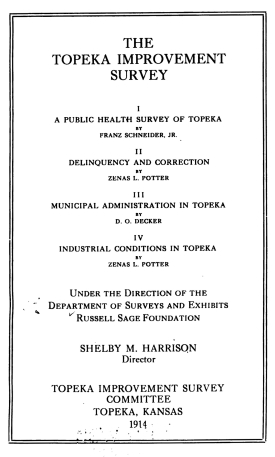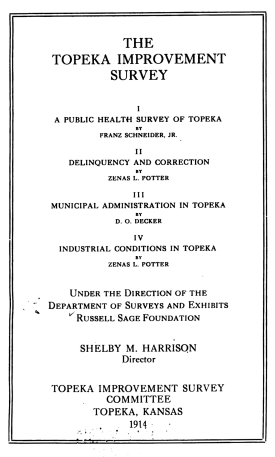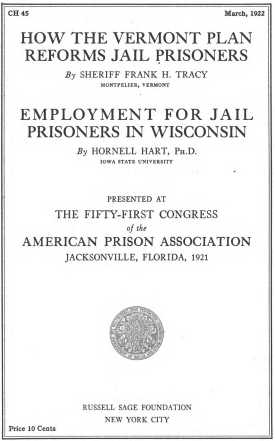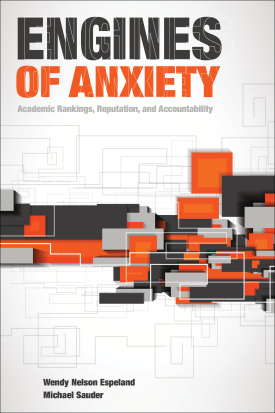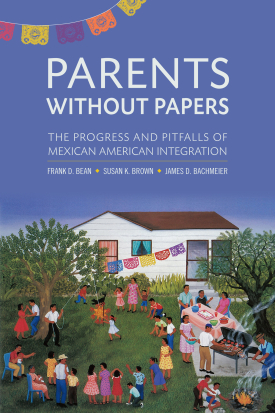Winner of the Midwest Sociological Society's 2018 Distinguished Book Award
Honorable Mention for the 2017 Distinguished Book Award from the Sociology of Law Section of the American Sociological Association
Honorable Mention for the 2017 Max Weber Award for Distinguished Scholarship from the Organizations, Occupations, and Work Section of the American Sociological Association
“Engines of Anxiety is essential reading for anyone involved in legal education or considering a career in law. In this meticulously researched book, Wendy Espeland and Michael Sauder show how media rankings have profound and harmful effects on how administrators admit students, deans allocate resources, and employers select applicants. The book’s powerful take-away is that, if law school was once an equalizer, offering a gateway to career opportunities and social advancement for people of modest means, today it serves to entrench the wealth inequality and status hierarchy that permeate American society.”
—Tanina Rostain, Professor of Law, Georgetown University Law Center
“This splendid book unmasks the power of ostensibly objective rankings, showing how metrics create social hierarchies. Even though our collective enthusiasm for rankings seems closely tethered to America’s populist yearnings, scholars and consumers alike will be staggered at Wendy Espeland and Michael Sauder’s superb analysis of how profoundly transformative these metrics have become.”
—Walter W. Powell, Professor of Education and (by courtesy) Sociology, Organizational Behavior,Management Science and Engineering, Communication, and Public Policy, Stanford University
“Engines of Anxiety is one of these rare books that will profoundly reshape how we think of contemporary higher education and organizational life more generally. Wendy Espeland and Michael Sauder provide a magisterial demonstration of how the quantification of performance is revolutionizing our world on so many dimensions. Their book is a ‘must-read’ for anyone concerned with some of the most important questions we face in our hyper-competitive world, namely: what is success, how can we achieve it, and how can we insure that multiple forms of excellence continue to flourish side by side.”
—Michèle Lamont, Robert I. Goldman Professor of European Studies, Professor of Sociology and African and African-American Studies, Harvard University
Students and the public routinely consult various published college rankings to assess the quality of colleges and universities and easily compare different schools. However, many institutions have responded to the rankings in ways that benefit neither the schools nor their students. In Engines of Anxiety, sociologists Wendy Espeland and Michael Sauder delve deep into the mechanisms of law school rankings, which have become a top priority within legal education. Based on a wealth of observational data and over 200 in-depth interviews with law students, university deans, and other administrators, they show how the scramble for high rankings has affected the missions and practices of many law schools.
Engines of Anxiety tracks how rankings, such as those published annually by the U.S. News & World Report, permeate every aspect of legal education, beginning with the admissions process. The authors find that prospective law students not only rely heavily on such rankings to evaluate school quality, but also internalize rankings as expressions of their own abilities and flaws. For example, they often view rejections from “first-tier” schools as a sign of personal failure. The rankings also affect the decisions of admissions officers, who try to balance admitting diverse classes with preserving the school’s ranking, which is dependent on factors such as the median LSAT score of the entering class. Espeland and Sauder find that law schools face pressure to admit applicants with high test scores over lower-scoring candidates who possess other favorable credentials.
Engines of Anxiety also reveals how rankings have influenced law schools’ career service departments. Because graduates’ job placements play a major role in the rankings, many institutions have shifted their career-services resources toward tracking placements, and away from counseling and network-building. In turn, law firms regularly use school rankings to recruit and screen job candidates, perpetuating a cycle in which highly ranked schools enjoy increasing prestige. As a result, the rankings create and reinforce a rigid hierarchy that penalizes lower-tier schools that do not conform to the restrictive standards used in the rankings. The authors show that as law schools compete to improve their rankings, their programs become more homogenized and less accessible to non-traditional students.
The ranking system is considered a valuable resource for learning about more than 200 law schools. Yet, Engines of Anxiety shows that the drive to increase a school’s rankings has negative consequences for students, educators, and administrators and has implications for all educational programs that are quantified in similar ways.
Wendy Nelson Espeland is professor of sociology at Northwestern University.
Michael Sauder is associate professor of sociology at the University of Iowa.

